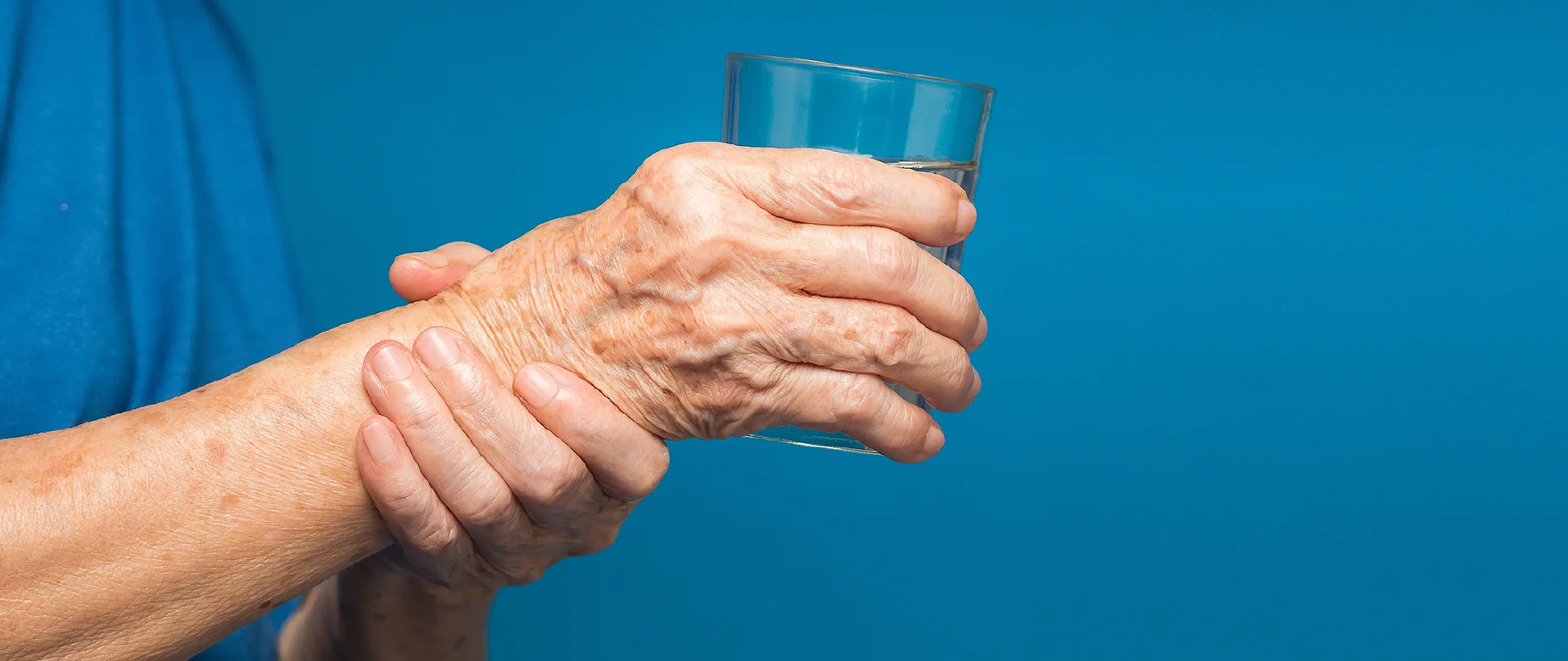
Book an Appointment
Call Us09958011121Is Parkinson’s Curable?
Parkinson’s may be a word for some, but a reality for more than 8.5 million people across the globe. The neurodegenerative condition drastically impacts a person’s motor symptoms, making them lose control over their movement. Parkinson’s is characterized by symptoms like tremors, rigidity and bradykinesia. The condition, being progressive, can gradually lead to other complications, which together prevent the patient from indulging in normal day-to-day activities. Many people wonder if there is a cure for Parkinson’s, and we have answered the same question in this blog with the help of the top neurologists in India.
Let’s First Try to Understand ‘What Parkinson’s Means?’
Parkinson’s disease or PD is a progressive disorder of the brain that is commonly seen in elderly people. It is marked by unintended or unusual movements that are beyond one’s control. Parkinson’s primarily affects dopaminergic neurons, i.e. brain cells that are responsible for generating dopamine. Although anyone can develop Parkinson’s, it has been seen that women are more likely to be diagnosed with the condition as compared to men.
What Causes Parkinson’s?
When we speak of Parkinson’s disease, there is no particular cause that can be highlighted. Experts have pointed out that it could be a result of genetic or environmental factors that directly or indirectly affect dopaminergic neurons. Abnormal genetic mutations have been found to be linked with almost 10 to 15 per cent of the cases.
Is It Possible to Cure Parkinson’s?
Unfortunately, there is no cure for Parkinson's Disease, however, this doesn’t mean that the patient has to lead a severely compromised life. With timely medical intervention and the right care, it is possible to manage the symptoms and even slow down the progression of the disease. Over the years, Parkinson’s treatment has proved to be a boon for countless patients.
The most preferred therapeutic intervention for patients with Parkinson’s disease is LEVODOPA and CARBIDOPA, which works by elevating dopamine levels in the brain. Recently, the positive impact of Deep brain stimulation on such patients has also received worldwide acknowledgement.
DBS or deep brain stimulation is a phenomenal technology that works by stimulating certain areas of the brain using implantable electrodes that are connected to a pulse generator using thin, insulated leads. The device is implanted surgically to target and stimulate affected areas. The device identifies abnormal brain signals and generates impulses to correct them.
Why is it Important to Go for the Treatment?
In order to know why it is important to go for the treatment, we need to first understand how Parkinson’s affects a person. Let’s learn more about its physical, psychological and cognitive impact.
The Physical Impact
As you know by now, Parkinson’s is a progressive disease, which means that the symptoms are subtle and unnoticeable at first and tend to aggravate gradually, with increasing brain damage. A person suffering from the condition may experience any of the following symptoms:
● Sudden tremors in the upper and lower limbs
● Increased muscle stiffness
● Bradykinesia or slowed movement
● Loss of balance and coordination
● Constipation
● Problems with swallowing and speaking
● Bladder and bowel incontinence
The Psychological Impact
But, these are just the physical symptoms. Parkinson’s disease can also affect a person psychologically, leading to social anxiety and depression. Parkinson’s not only affects one, but various different aspects of a person’s life, often resulting in embarrassment, dejection and low confidence. A lot of patients tend to isolate themselves and refrain from eating in public or going out to avoid any such situation.
The Cognitive Impact
Although not every patient suffering from Parkinson’s experienced altered cognitive function, some people do complain of problems related to memorising, recalling and remembering things, which often interferes with their ability to plan and complete certain tasks. The condition can even lead to dementia.
Hence, getting the right care at the right time can help patients with Parkinson’s to lead a better life. Don’t ignore the signs and get yourself evaluated at the earliest.
 By -Dr Aaksha Shukla |
June 19, 2023 | 9 Min Read
By -Dr Aaksha Shukla |
June 19, 2023 | 9 Min Read
Parkinson’s Disease Treatment Hospital in India
Brain Stroke Treatment Hospital – Emergency Care
Stroke Paralysis Treatment Hospital – Advanced Neuro Care
Paralysis Treatment Hospital in India – Cost & Recovery
Brain Infection Symptoms, Causes, and When to Seek Emergency Care
Is Spine Surgery Right for You? Here’s How to Know
Brain Health at Every Age: Preventive Neurology Tips
International Patient Guide: Visiting India for Neuro & Spine Treatments
Robot-Assisted & Navigation-Guided Surgery: Safer Brain & Spine Procedures
Sports Injury Recovery: How Arthroscopy Helps You Heal Faster?
How Deep Brain Stimulation (DBS) Helps in Parkinson’s & Tremor Control
Early Warning Signs of a Brain Tumour & When to See a Neurosurgeon
Signs of a Stroke: When to Seek Emergency Neuro Care
Best Neurosurgery Hospitals in Delhi NCR: A Detailed Guide
Minimally Invasive Spine Surgery: Benefits, Cost & Recovery
Best Tips for Sports Injury Recovery
Guide to Stroke Prevention and Recovery
How to Manage Parkinson’s Symptoms Effectively

